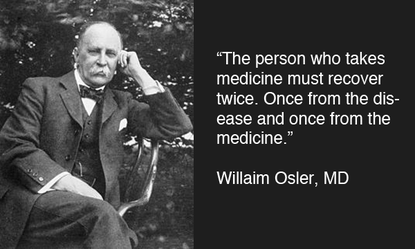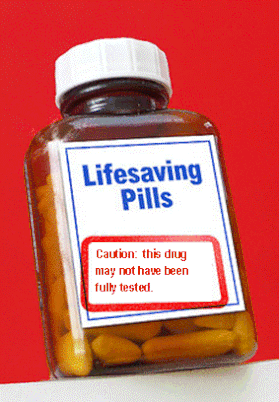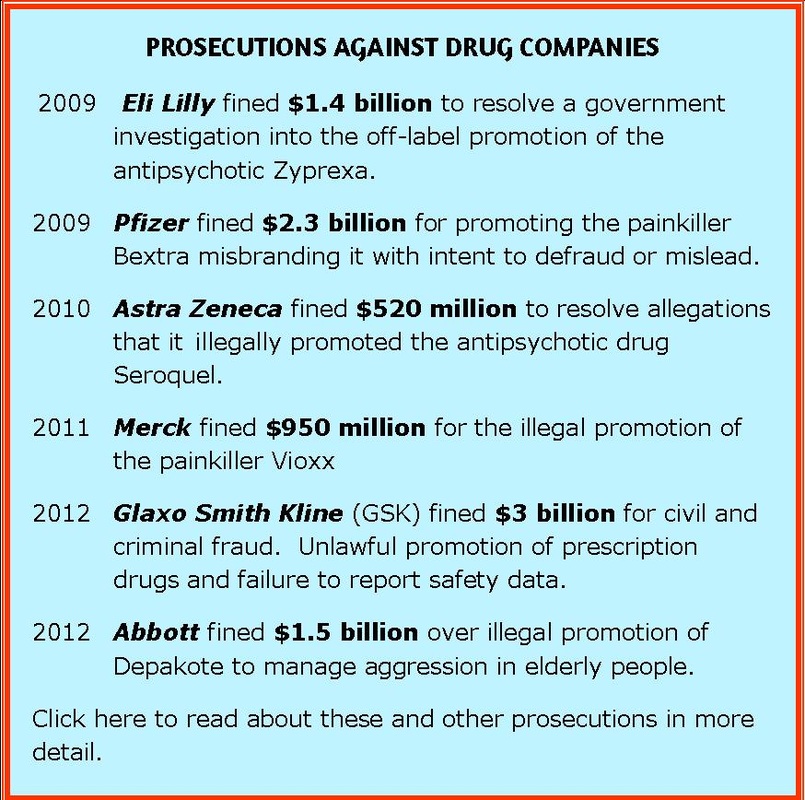How much do you trust the pharmaceutical industry? Before you reach for that bottle of pills you have just been prescribed it is important to know the full story behind some of the widely used medications and prescription drugs. Are they safe? Have they been carefully tested in well conducted trials? Are 'new' prescription drugs any more effective than the 'old' ones? In some cases the answer may be 'no' to all three questions.
How much do you trust the pharmaceutical industry? Before you reach for that bottle of pills you have just been prescribed it is important to know the full story behind some of the widely used medications and prescription drugs. Are they safe? Have they been carefully tested in well conducted trials? Are 'new' prescription drugs any more effective than the 'old' ones? In some cases the answer may be 'no' to all three questions.



